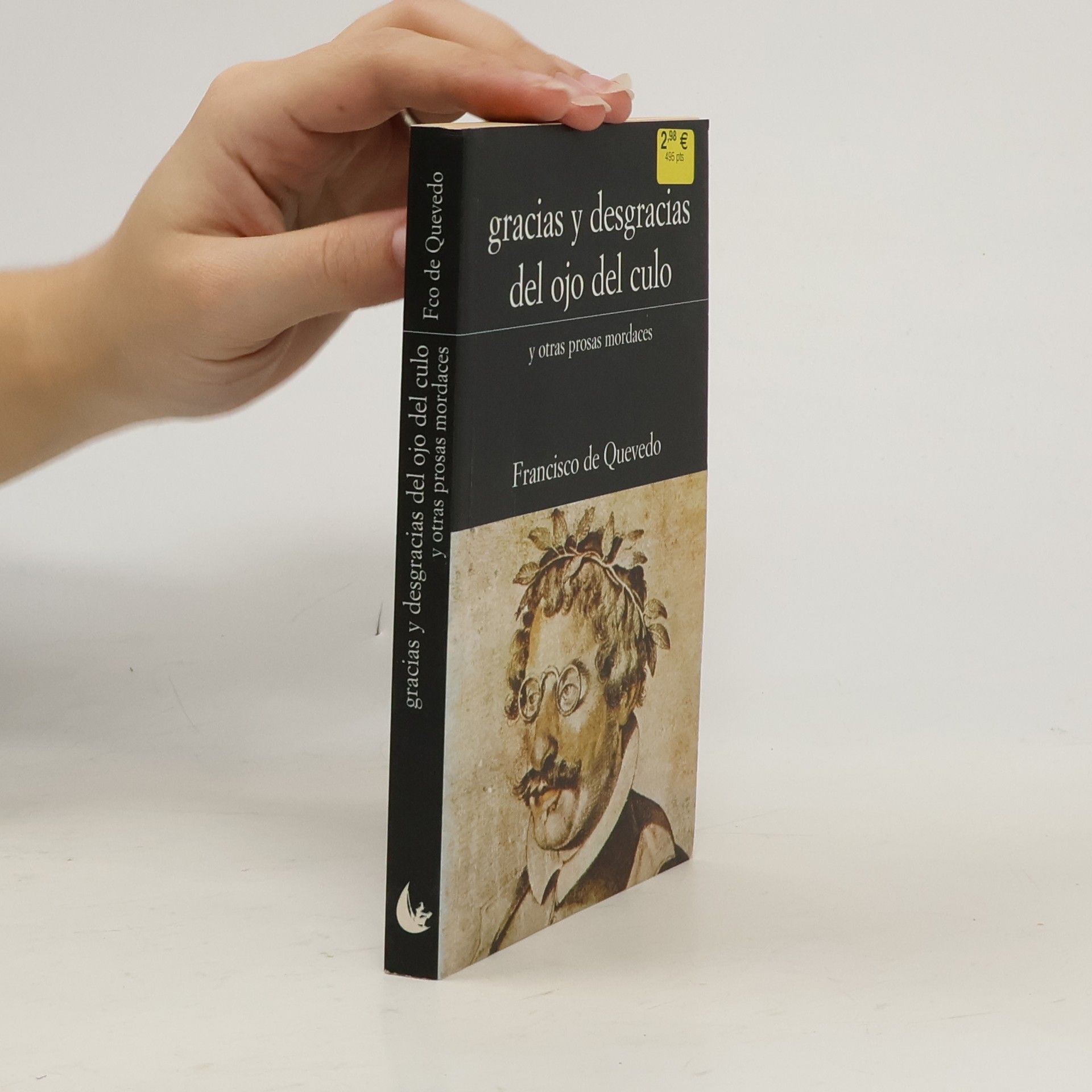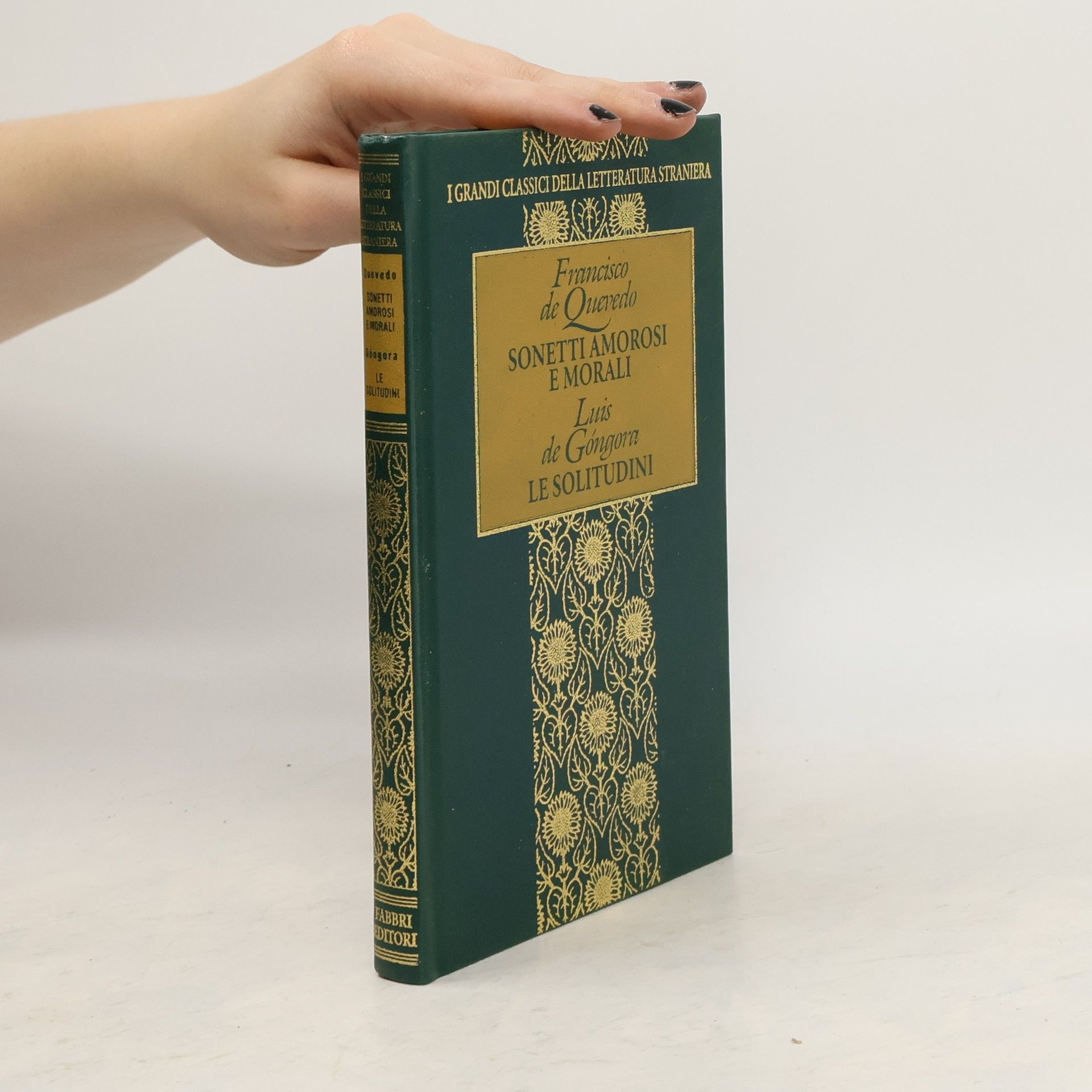"El Buscón es un libro muy conocido de Francisco Quevedo. Narra la vida de Pablos, un niño de clase humilde que desea ser alguien en la vida. El libro explica sus aventuras desde su infancia hasta la edad adulta y el lector descubre poco a poco como sus esfuerzos por ser alguien importante, honrado y con dinero no se cumplen como él desea. Un libro lleno de humor y de aventuras que nos ayuda a acercarnos a la literatura del Siglo de Oro español."--Page 4 de la couverture
Francisco de Quevedo Book order (chronological)
September 14, 1584 – September 8, 1645
Quevedo was a nobleman, politician, and writer of the Spanish Golden Age. His style, characterized by conceptismo, features a rapid rhythm, directness, simple vocabulary, witty metaphors, and wordplay. He delved into the depths of human nature with sharp wit and irony. His work reflects his keen observations and mastery of language.

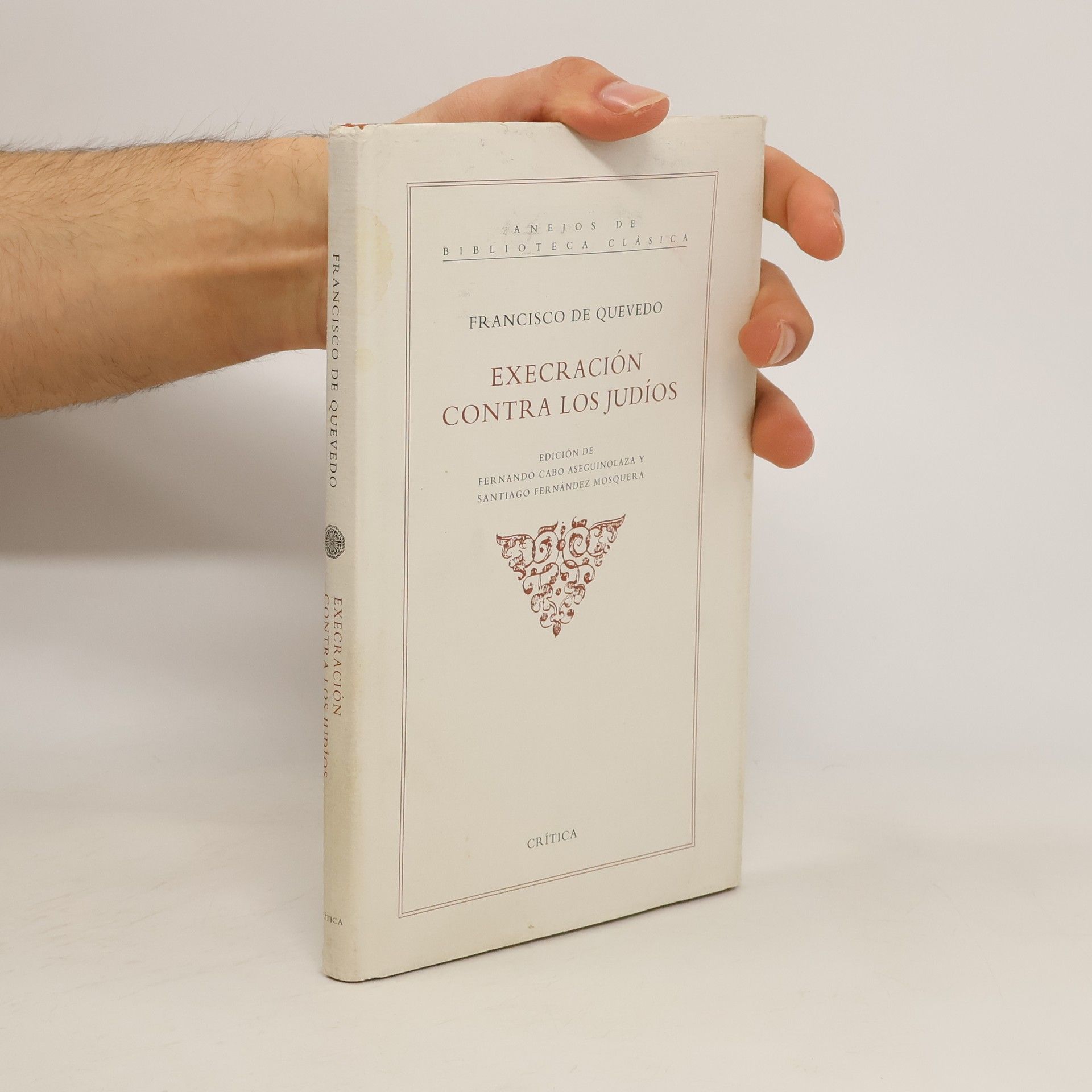



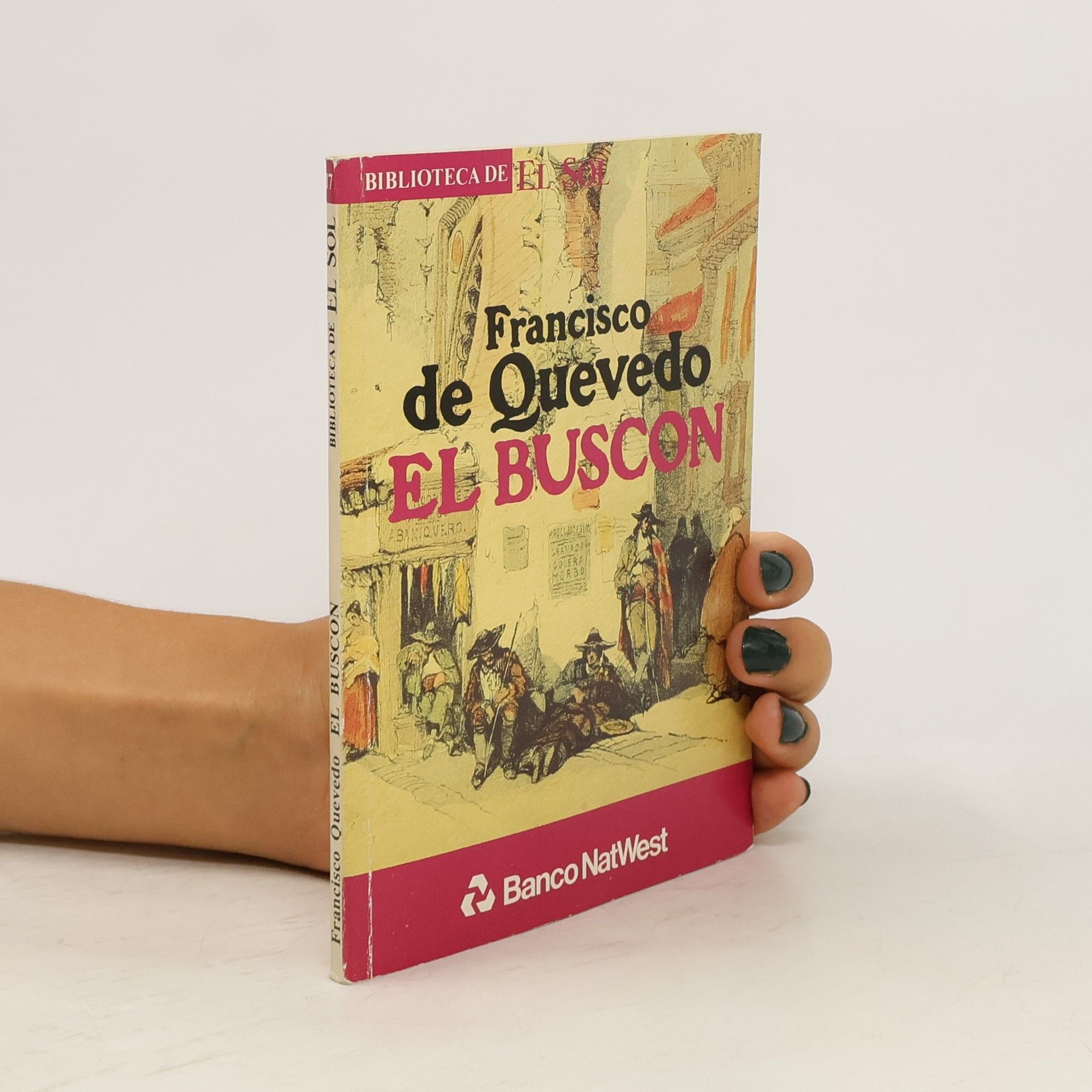
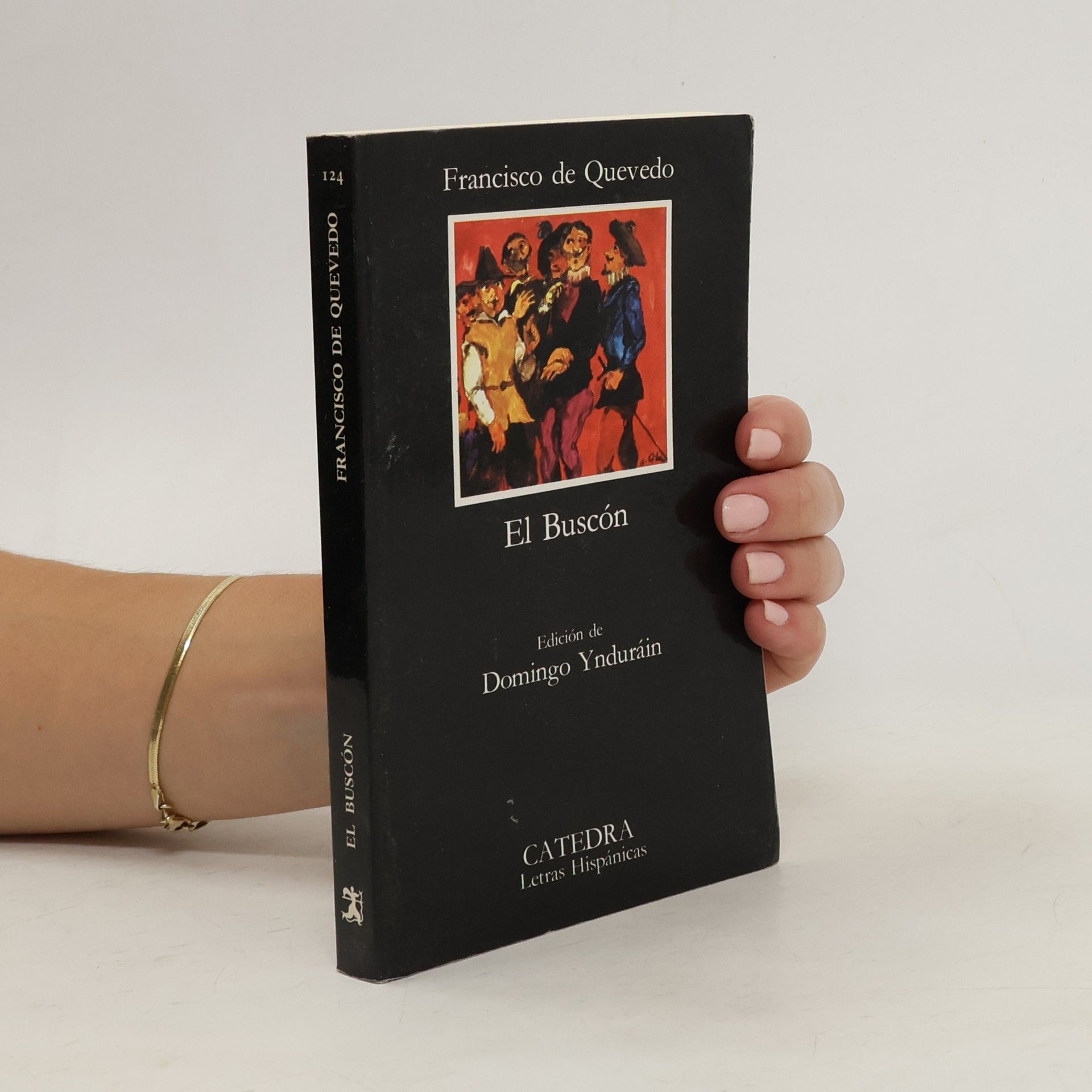
Clásicos a medida: El Buscón
- 152 pages
- 6 hours of reading
Rare book
Gracias y desgracias del ojo del culo y otras prosas mordaces
- 160 pages
- 6 hours of reading
Zaľúbený prach
- 132 pages
- 5 hours of reading
Z poézie španielskeho baroka: Svätá Terézia Ježišova Fray Luis de León Svätý Ján z Kríža Luis de Góngora Lupercio Lope de Vega Francisco de Medrano Francisco de Quevedo Esteban Manuel de Villegas Pedro Calderón de la Barca Sor Juana Inés de la Cruz
Versos de Burlas
- 70 pages
- 3 hours of reading
Execración contra los judíos
- 55 pages
- 2 hours of reading
Biblioteca de El Sol - 7: El Buscón
- 96 pages
- 4 hours of reading
Gedichte
- 147 pages
- 6 hours of reading

